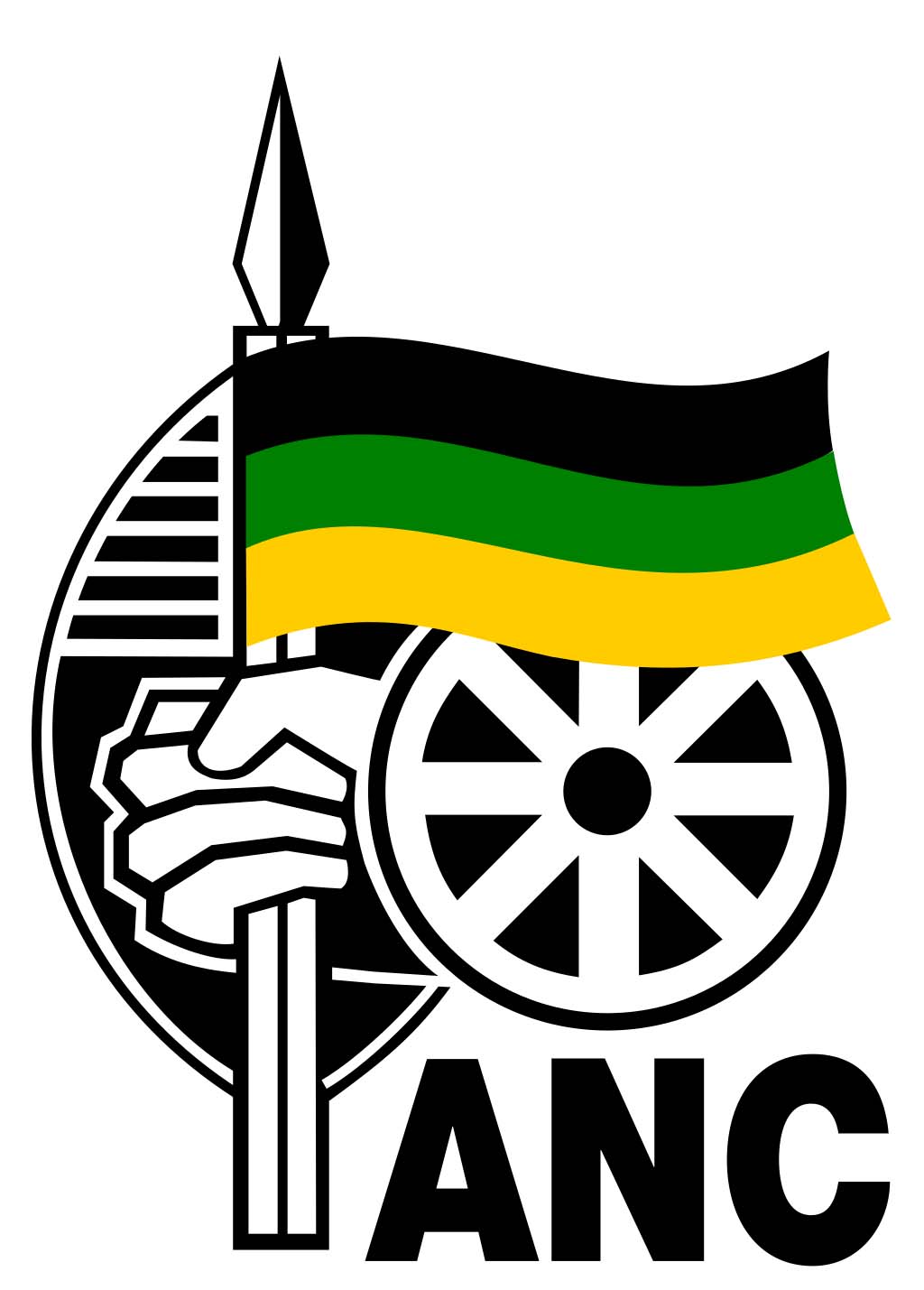The African National Congress (ANC) was formed in South Africa on January 18, 1912, when a group of Africans, Colored, and Indians convened a meeting in Bloemfontein to create the South African Native National Congress. The name was officially changed to the African National Congress in 1923. This was initially a moderate movement aimed at improving the status of non-whites in South Africa whose careers had been stymied by racial discrimination.
When South Africa officially introduced territorial segregation in 1913, the ANC unsuccessfully petitioned the British government to intervene. Britain did not respond to two subsequent delegations sent in 1914 and 1915. Yet, the ANC continued this reformist approach for much of the 1920s and 1930s. In 1940, ANC President Alfred Xuma aggressive recruited younger members, including Nelson Mandela, Oliver Tambo and Walter Sisulu. In 1944, the three spearheaded the formation of a Youth League committed to more radical strategies to challenge racial segregation and discrimination.
In 1948 the haphazard body of law and customs that had allowed racial discrimination in South Africa for over a century was replaced by a systematic group of comprehensive race laws which would officially be known as apartheid. These laws also inaugurated a new phase in ANC history. In 1952, the ANC launched the Defiance Campaign against apartheid. With a broadened base that now included women, it adopted the Freedom Charter in June 1955 which declared that South Africa belonged to all of its residents regardless of race. A militant nationalist group insisted that South Africa belonged to blacks and formed a rival organization, the Pan African Congress (PAC).
Both organizations became involved in anti-apartheid resistance and were subsequently implicated in a defiance campaign that provoked violent reprisals in Sharpeville in 1960. The Sharpeville Massacre where 69 protestors were killed by South African police who fired on 300 demonstrators, unleashed worldwide condemnation of the nation. In response, the government declared a state of emergency, and banned both the ANC and the PAC.
In 1961, the ANC signaled official adoption of violence with the formation of a military wing Umkhonto we Sizwe. Subsequent acts of violence and sabotage led to arrests of key ANC leaders including Nelson Mandela. After a lengthy trial in 1964, they were sentenced to life imprisonment.
With much of its leadership either jailed or exiled, the ANC went underground and began guerilla activities from bases abroad. The violent crackdown of a peaceful student demonstration in Soweto in 1976 provoked more global condemnation of apartheid. Throughout the 1980s, the ANC coordinated sabotage and guerrilla attacks within, and anti-apartheid campaigns abroad. In response, South Africa and its major western allies classified the ANC as a terrorist organization, and launched attacks on its external bases. These events provoked international reactions against, and pressures on, South Africa.
The ANC received crucial military supports from the Soviet Union and Cuba. Although this ended with fall of the Soviet Union in 1991, by 1990, succumbing to increased international pressures, South African President F. W. de Klerk reinstated the ANC and released Mandela.
Led by Mandela, the ANC won the first democratic election in 1994. Soon afterwards he, as South Africa’s first president elected by a majority of its residents, formed a government of national unity. President Mandela retired in 1999 after just one term. He was succeeded by Thabo Mbeki who is currently in his second term of office which would end in 2009. Rocked by internal squabbling between Mbeki and former deputy President Jacob Zuma, the ANC held a bitterly contested Party Convention in December 2007. Zuma defeated Mbeki for leadership and is poised to become South Africa’s third post-apartheid President at the end of Mbeki’s term. Thus far, the ANC has succeeded in shaping a multicultural, albeit fragile, government in South Africa, and under Nelson Mandela had brokered a truly democratic constitution that finally ended apartheid.

